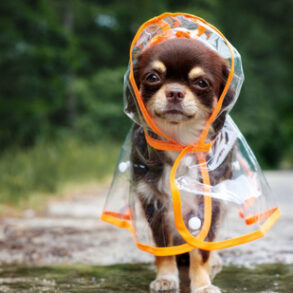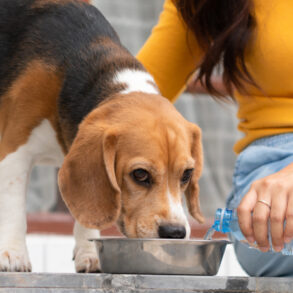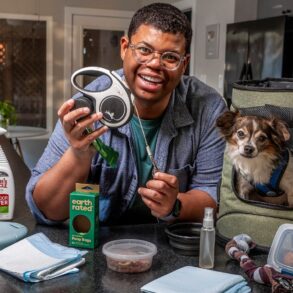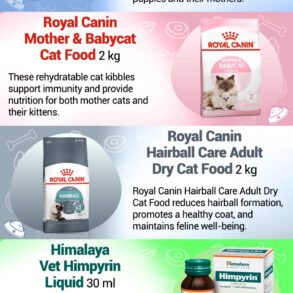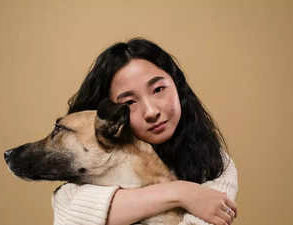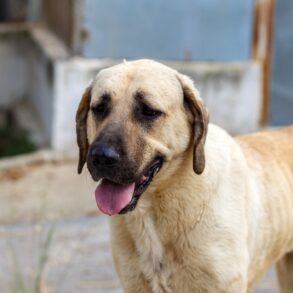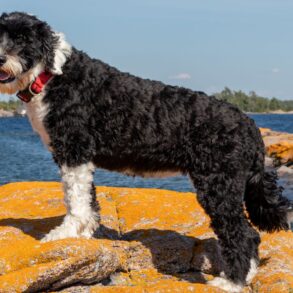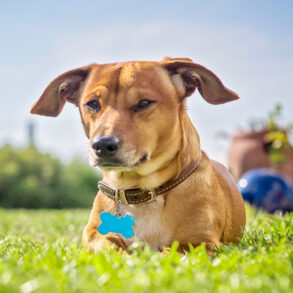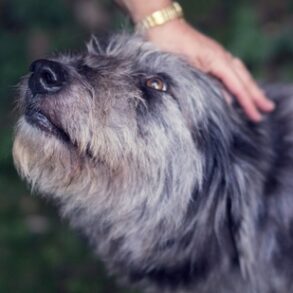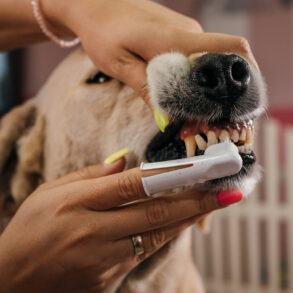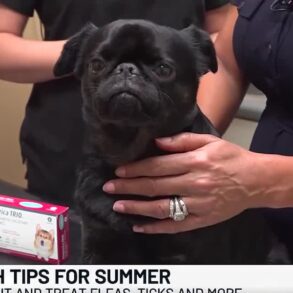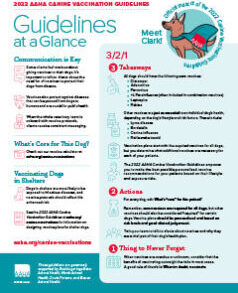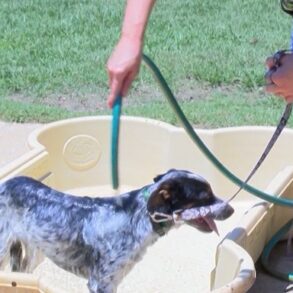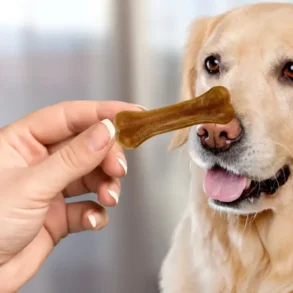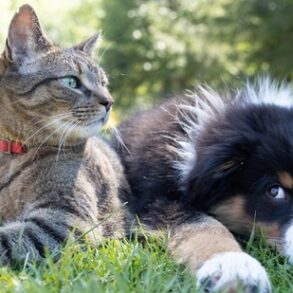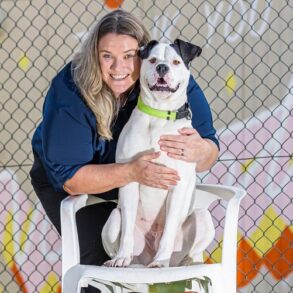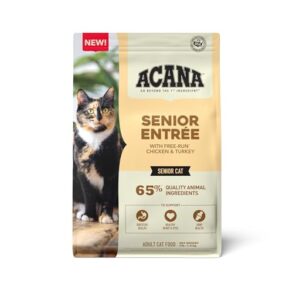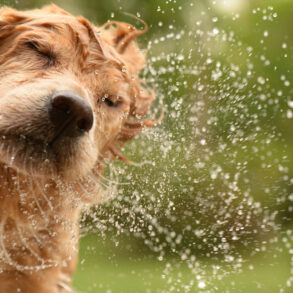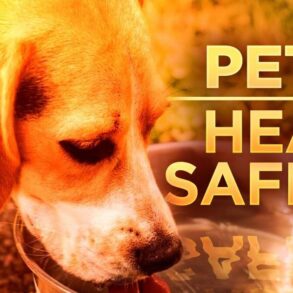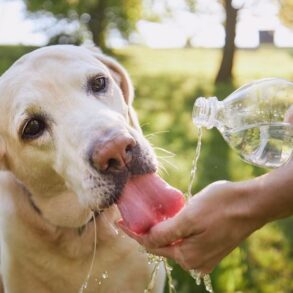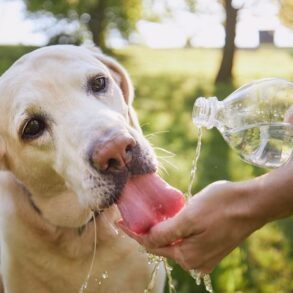Welcome to our “Ask Dr. Paola” series, where every Monday we bring expert advice straight from Dr. Paola Cuevas (MVZ) to help our readers better understand their dog’s health and well-being.
Whether you’re a new pet parent or a seasoned dog lover, Dr. Paola is here to provide answers to your most pressing questions. From nutrition tips and preventive care to troubleshooting common behavioral issues, Dr. Paola is ready to offer insights that will keep your furry friend happy and healthy. Stay tuned for expert guidance on a range of topics that matter most to you and your dog, so you can make informed decisions and provide the best possible care for your canine companion. Have a question? Send it in here! 
Help! My Puppy Doesn’t Like Puppy Food!
“ My tiny Maltese puppy Mindy has decided she no longer enjoys the Royal Canin wet puppy food we had been feeding her. She’s only 4 months old and 2.7 lbs, I’m wondering if it’s OK for us to try the Hill’s Science small breed dog food, or which other foods we should try? ” – Elaine
Hi Elaine,
Since you mention Mindy is a puppy, you shouldn’t swap her food for adult food just yet. Puppies require a “growth and development” formulation AKA “puppy food” to support their ever-changing anatomy during this crucial part of their lives. The Hill’s Science small breed dog food is for adults. Since most dog foods follow the AAFCO requirements for this life stage, which are based on the minimum important nutrients (such as protein, fats, calcium, etc) that a food can contain, if you feed adult food to your puppy they will be deficient in nutrients and eventually become ill. If you are looking for some great foods to feed her, I would highly recommend looking at less processed fresh, and natural ingredient diets. Most of these are formulated to cover the nutritional needs of all life stages because they have enough nutrients for all. Puppies and adult dogs love them and can live a healthy and happy life obtaining the best nutrition.
Best wishes!
Dr. Paola



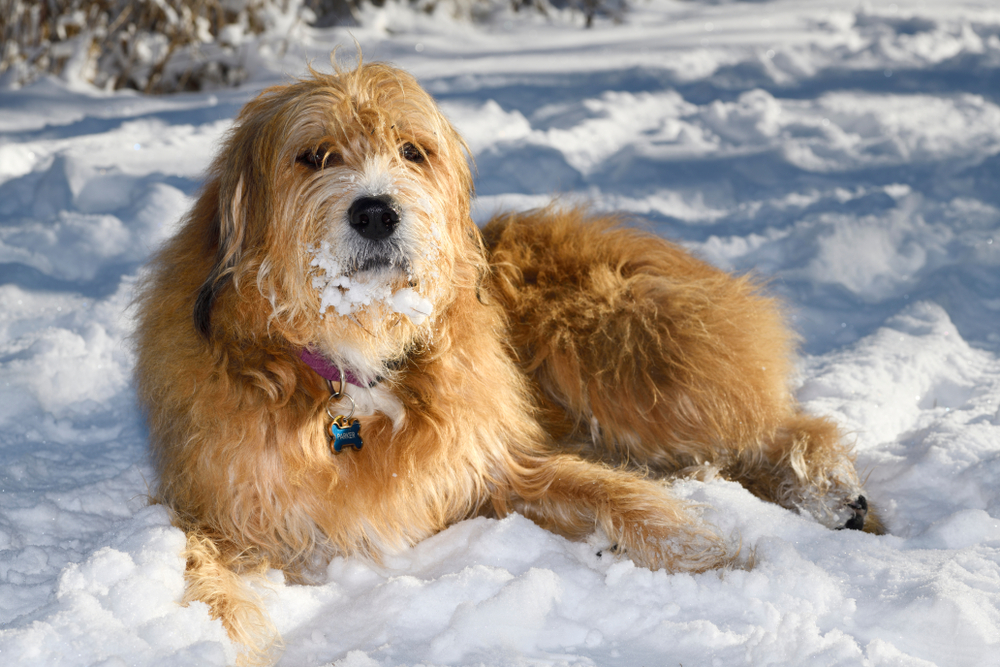

Help! My Dog Hates Walking in the Snow!
“Hi Dr. Paola! My dog Ginger, a Golden Retriever, absolutely refuses to walk in the snow. The second she sees it, she freezes and gives me this look like, ‘You can’t be serious.’ I’ve tried booties and treats, but nothing works. She’ll go out on a shovelled path to do her business but we can’t get much else out of her. She’s grown up knowing snow and never loved it but has only gotten more stubborn with time (she’s
5). Is there a way to convince her that a little snow won’t freeze her, or do I need to invest in an indoor treadmill for winter?
” – Leslie
Hey Leslie—it sounds like Ginger was meant to be a Florida dog instead! Jokes aside, I would have her checked by the vet to ensure she is not suffering from hypothyroidism, an endocrine condition that slows down a dog’s metabolism and causes them to be intolerant to the cold (among other signs). Joint problems like inflammatory arthritis or early arthritis-related pain also gets exacerbated with the cold, so I would suggest you rule those possibilities first because most Golden Retrievers love the snow. Also, have you tried more than one kind of booty? There are different types available and some are more comfortable and preferred by each dog’s standards over others. The booties must also be gradually introduced to ensure Ginger associates wearing them with positive outcomes. If the snow is considered aversive to Ginger, the booties can quickly become a signal that anticipates something undesired is about to happen and then become a negative stimuli for her. So, you will have to have her wear the botties at random times not just when going out to the snow… for example before dinner. Anyway, I think the indoor treadmill is a great idea to have a possibility of getting physical activity while you dig deeper into this and work on the booties positive association.
Best luck, and if possible, keep us updated!
Dr. Paola



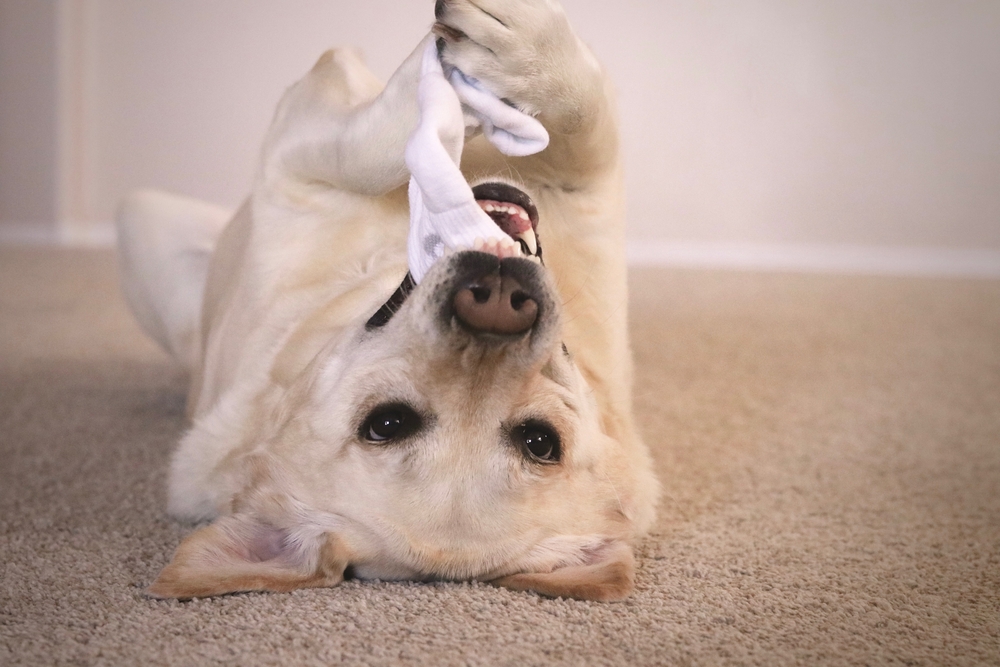

Help! My Dog Won’t Leave My Socks Alone!
“Why do dogs love to eat socks? My dog actively seeks them out from the both the clean and dirty laundry hampers—nothing is sacred! He doesn’t want to ingest it, just chew and suck on it until it becomes something I have to throw away. Help!” – Steven, dad to Dolly
It is a dog thing! There are several possible reasons, most likely because Dolly loves your scent, and the dirty socks smell like you, so the feeling of the sock in Dolly’s mouth then becomes something very enjoyable. By association, the feeling of the sock itself becomes something desirable, and positive to Dolly. Now she does not care if dirty or freshly washed—a sock is a sock!
You are very lucky that she is not ingesting them, though, as that would be a real problem. Besides putting her life at risk it would require an endoscopy or surgery. If you are not 100% sure she has never ingested one, I would suggest to get her checked. As for replacing your socks, the most straightforward solution to this problem is to make it physically impossible for her to reach them. A dog-proof laundry hamper, a closed door, or anything that blocks Dolly’s access to the socks. Also please make sure you redirect her chewing needs to an appropriate chew toy. Just remember to keep a close eye on her. I hope this helps!
Best wishes!
Dr. Paola
This post was originally published on this site be sure to check out more of their content.








